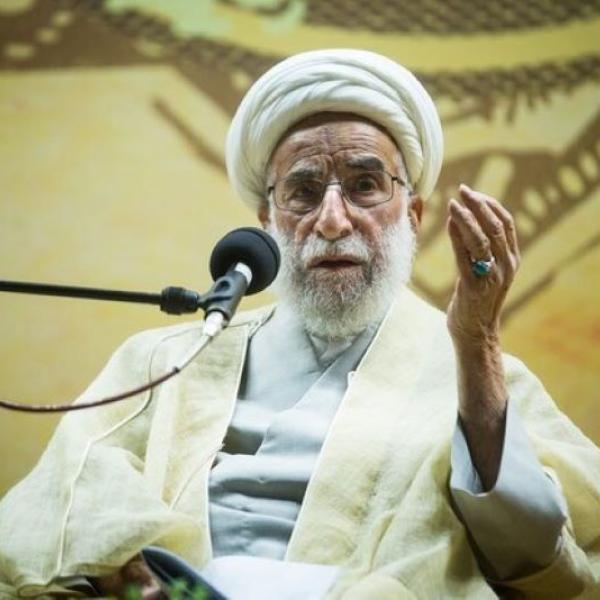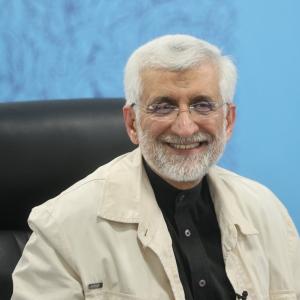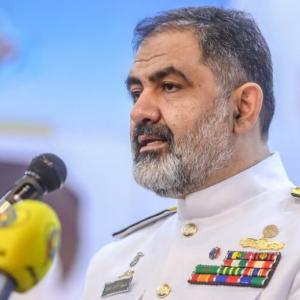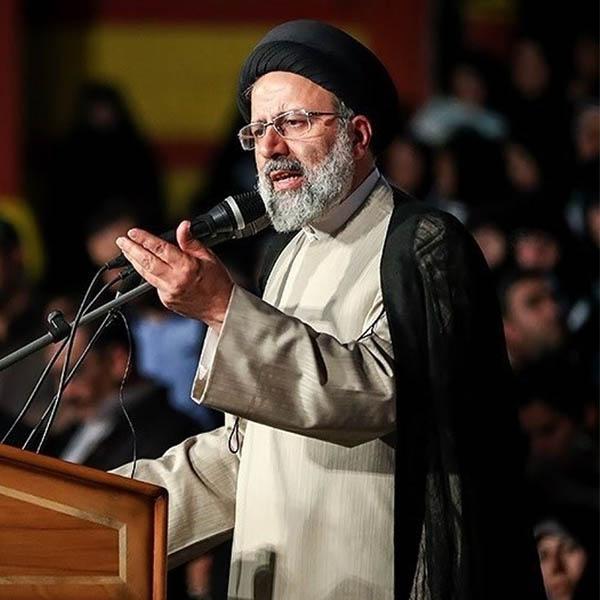Key Figures and Leaders
Featured Leadership
Ayatollah Ahmad Jannati

Chairman of Iran’s Assembly of Experts and Secretary of the Guardian Council

Saeed Jalili
Former Secretary of the Supreme National Security Council

Shahram Irani
Artesh Navy Commander

Who Will Be Iran's Next Supreme Leader?
Receive Iran News in Your Inbox.
Eye on Iran is a news summary from United Against Nuclear Iran (UANI), a section 501(c)(3) organization. Eye on Iran is available to subscribers on a daily basis or weekly basis.
×
